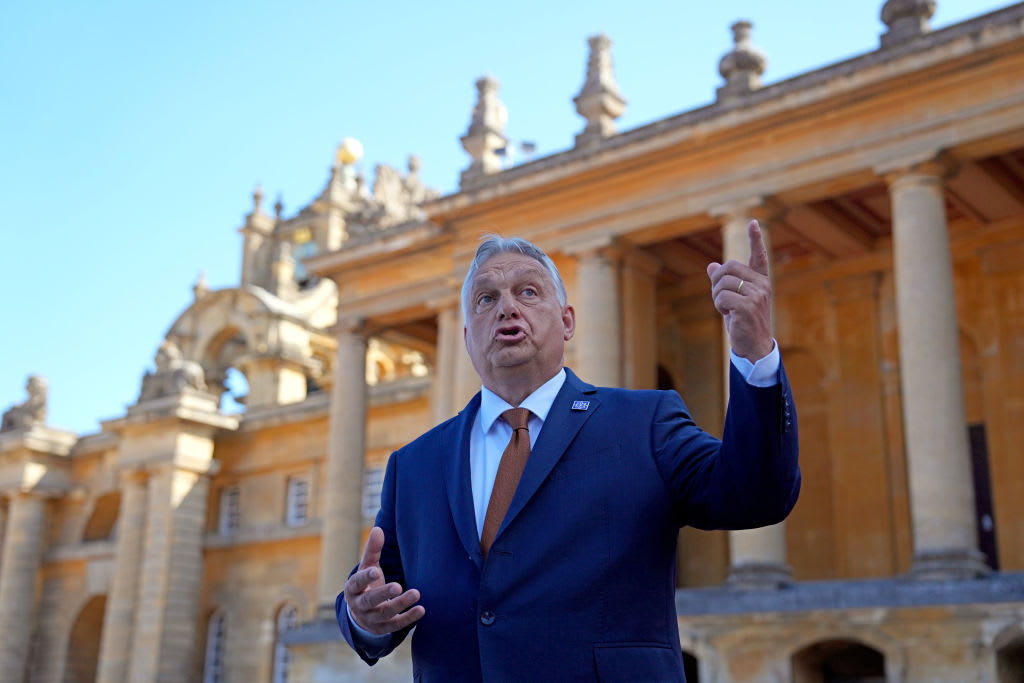The billionaire who may run the Commerce Department
As President-elect Donald Trump considers who should fill the country’s key economic roles, Wilbur Ross is said to be a top contender to lead the Commerce Department. An ally during Trump’s election campaign, the 78-year-old mild-spoken Ross is known for rescuing the types of old-fashioned industrial businesses that Trump has vowed to revive: steel, mining and textiles.
Ross is chairman of WL Ross & Co., an investment firm that specializes in corporate restructurings. As Commerce Department secretary, Ross would serve as the country’s chief business promoter and overseer of trade and investment issues, in addition to running such major agencies as the Census Bureau and Patent and Trademark Office. During the campaign, Ross often appeared on business news shows to explain Trump’s positions, sometimes softening or downplaying the candidate’s protectionist trade policies.
While Ross doesn’t have the type of lobbying or banking ties that have raised eyebrows with some of Trump’s other potential administration picks, he doesn’t lack for his own entanglements and controversial history. He built his estimated $2.9 billion fortune by snapping up distressed industrial businesses, such as steelmaker LTV.
While that helped save jobs in hard-hit Rust Belt states, workers often bore the cost in the form of pared-back retirement and health care benefits. That has led some to label him a “vulture investor” more interested in stripping corporate assets for profit than reviving ailing companies.
But Ross rejects the label, saying the companies he invests in would be liquidated without the financial backing. More recently, his rhetoric has also echoed that of President-elect Trump’s campaign speeches.
“We need a more radical, new approach to government -- at least in the U.S. -- from what we’ve had before,” Ross said earlier this year, explaining his support for Trump. “The middle class and lower middle class in America has not really benefited by the last 10 to 15 years of economic activity, and they’re sick and tired of it and they want something different.”
Ross might be best known to voters as the owner of Sago Mine, a West Virginia coal mine where a dozen miners lost their lives in a 2006 explosion. He called that tragedy “the worst week of my life.” (As Commerce secretary, he wouldn’t oversee mining regulations, which fall under the Department of Labor.)
Ross’ own track record suggests that while he has helped some Americans -- including his investors -- he often casts his eyes beyond U.S. borders to make lucrative deals.
One of his most successful business ventures was creating International Steel Group in 2002, which was formed from bankrupt producers including Bethlehem Steel and LTV. After taking the conglomerate public, he sold it to India’s Mittal Steel in 2005 for $4.5 billion. At the time, The Wall Street Journal reported that International Steel’s investors earned a 12-fold profit.
Ross also has business ties in China, a country that has served as a focal point for Trump’s aggressive trade policies. In an interview with Bloomberg News in October, Ross said his company has a joint venture with a large electric utility in China, which he said is an industry “that’s been getting good support” from the Chinese government. He also said he had recently visited China to scout out more investment deals.
Those ties might suggest conflicts between Ross’ investments and Trump’s protectionist policies, which include a 45 percent tariff on imports from China. The president-elect’s rhetoric on trade has included allegations that China is manipulating its currency to make its exports more affordable for U.S. consumers.
“We can’t continue to allow China to rape our country, and that’s what they’re doing,” Trump said earlier this year at a campaign rally.
Ross, though, has downplayed Trump’s pledge to tack such a hefty tax onto Apple (AAPL) iPhones and other products made in China, saying the president-elect had been misunderstood and the tariff idea amounts to a negotiating tactic.
On other topics, Ross appears more in line with with Trump’s campaign positions, such sharing a critical eye about NAFTA, which Ross wrote in an opinion piece had “wound up costing America over 700,000 jobs.” (The nonpartisan Congressional Research Service has said some workers lost their jobs as a result of the trade deal, but the “net employment effects were relatively small.”)
Ross wasn’t immediately available for comment, according to his office.
Will Ross actually get the Commerce spot? Trump is keeping his administration picks close to the vest. “Very organized process taking place as I decide on Cabinet and many other positions,” he wrote on Twitter on Tuesday, refuting reports that his transition team has grown chaotic. “I am the only one who knows who the finalists are!”
Fellow billionaire Carl Icahn said he approved of Ross as a choice for Commerce.
“Steve Mnuchin and Wilbur Ross are being considered for Treasury and Commerce. Both would be great choices,” Icahn wrote on Twitter on Tuesday, noting that he had spoken with Trump about the appointments. Mnuchin is thought to be a leading contender for the role of Treasury secretary.
Icahn added, “Both are good friends of mine, but, more importantly, they are two of the smartest people I know.”



